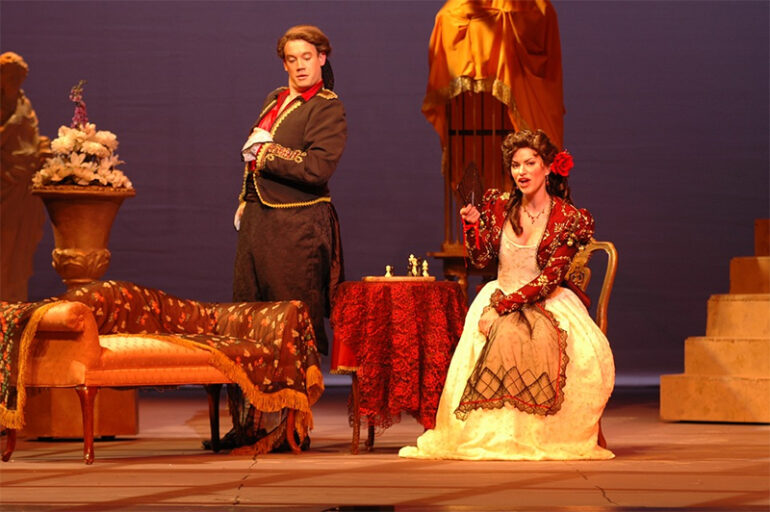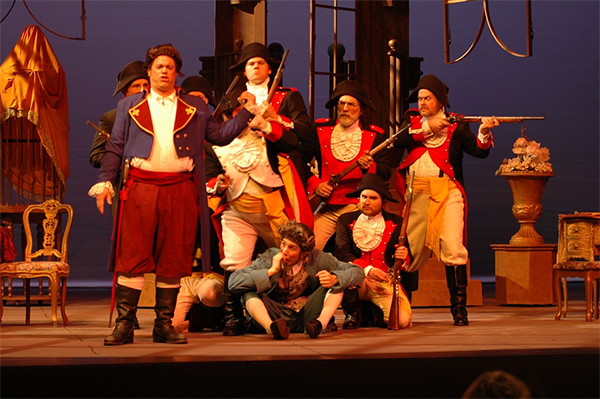Like any art form, opera is an expression that reflects your personality, what type of relationships you have with others and essentially provides you with a feeling of being a part of this world. When you watch an opera, you are in for a unique experience. It is breathtaking and potent, an art form of the highest level. You are emotionally drawn into the entirety of the music, sets, costumes, and stage design. Opera captivates as you follow the story narrated through vocal renditions of arias that show sheer talent. The singers help you understand the various emotions they feel through their powerful voices.
There are many reasons to fall in love with the opera. Apart from the excellent music, the spectacular stage design, and the fantastic costumes, you can catch a glimpse of the conductor who brings the music together with the instrumentalists. You watch his gestures as he ensures that the orchestra and the vocalists are perfectly in sync with every note of the music.
How opera began
Long before it was first written, opera was already developing and may have started by the Greeks. They had begun to combine music and poetry, incorporating them with dance to the accompaniment of musical instruments. Later on, the Christian church created the liturgical drama, where performers narrated religious stories through music. Jacopo Peri composed what is considered to be the first opera, Daphne, based on Greek mythology. Claudio Monteverdi was one of the greatest opera composers, and some of his great work is still performed on stage at present.
Essential elements of opera
There are four essential elements of opera. These are the libretto, music, vocals, and staging.
- Libretto – Like any other play, the opera has a script referred to as the libretto. It may be written by renowned poets or authors of novels or may also be original creations. Often, an opera is adapted from a play such as those by Shakespeare, who is known to have inspired librettists to create beautiful operas. Various themes are included in a libretto, like historical events, forbidden love, unfaithfulness, war, and many more.
- Music – Music has always played a significant role in opera. Both the libretto and the music complement each other, providing the emotions of the play and giving it the intensity it is known for. The composers utilize music to its most capacity to create a specific atmosphere that neither the stage design nor the song’s lyrics can deliver. The melodies elicit the responses of the audience t the character and their portrayal.
- Vocals – The opera is known for the beautiful voices of the talented musicians who play their roles. Without the singers, the music would not have the power to evoke emotions from the audience. The voices are divided into several categories, for women and men. The highest female voice is the soprano, followed by the mezzo-soprano and contralto, which is the lowest female voice. The tenor is considered the highest for the men, and the baritone and bass, the lower voices.
- Staging – The stage design of the opera is another essential element that adds to its magnificence. According to the libretto, it is well planned, and stage designers and the director work closely together to ensure that it sets the perfect atmosphere. It is an elaborate display that many people look forward to when watching an opera.
If you have never been to an opera, you may want to make it a point to see one. It is an unforgettable experience that will make you want to watch more.
Photo Attribution:
1st and featured image from https://pixabay.com/photos/barber-seville-opera-performance-895148/
2nd image from https://pixabay.com/photos/barber-seville-opera-performance-895147/

